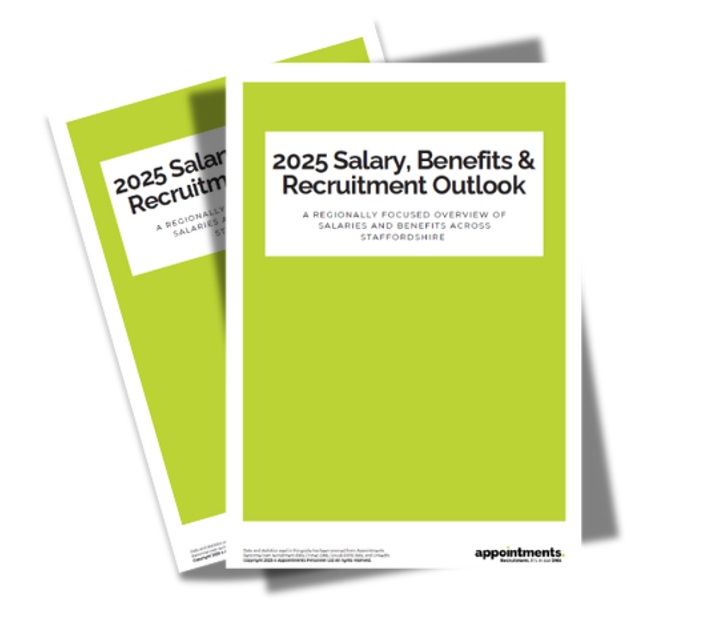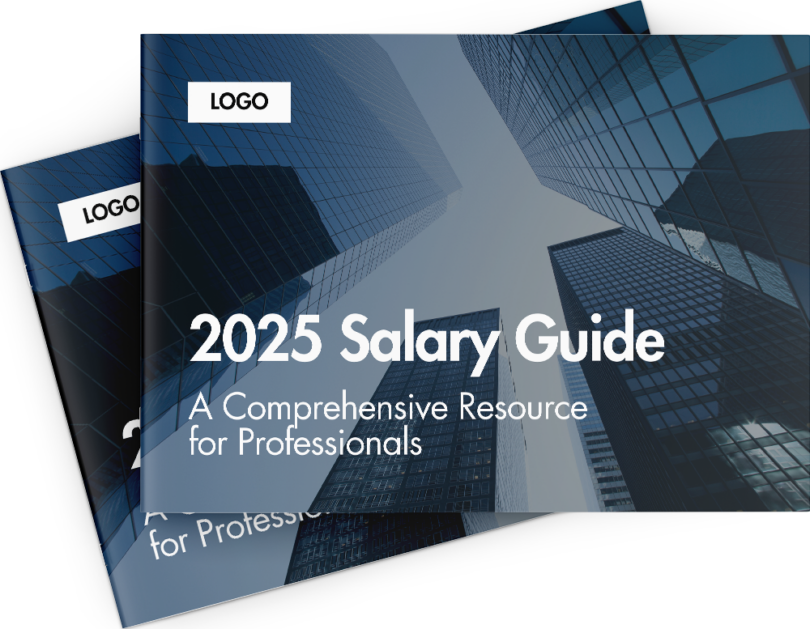
Share Article
How The Worker Protection Act 2024 Affects You as a Candidate
As a candidate navigating the job market, staying informed about new workplace regulations is essential. The Worker Protection (Amendment of Equality Act 2010) Act, which comes into force on 26th October 2024, introduces significant changes that aim to make the workplace a safer, more inclusive space. These changes particularly focus on preventing workplace harassment — an issue that affects many workers, whether you're in a permanent role, a temp position, or just starting out in your career.
Here’s a breakdown of what these changes mean for you, why they matter, and how they could shape your experience in your current or future job.
What’s New in the Worker Protection Act?
This Act places a preventative duty on employers, meaning they now have a legal responsibility to actively prevent sexual harassment in the workplace. This is a big shift from the previous framework, where employers were often held accountable only after incidents had occurred. Now, the focus is on stopping harassment before it happens.
One of the key aspects of this legislation is that it doesn’t just apply to harassment between colleagues. Employers are also responsible for protecting workers from harassment by third parties, such as clients or contractors. So, if your role involves interacting with people outside your organisation, you should be safeguarded against inappropriate behaviour from all angles.
Why This Matters for You
This new law is designed to give you better protection at work, but it’s not just about safety — it’s also about creating a positive, inclusive working environment where you can thrive without fear of harassment or discrimination. If you're starting a new job, temping, or even interviewing, this legislation signals that companies must step up their game to ensure the workplace is somewhere you can feel comfortable and respected.
Key Changes You Should Know About
- Increased Employer Responsibility - Employers now need to take “reasonable steps” to prevent harassment. That means more proactive measures like training, clear policies, and a workplace culture that actively discourages inappropriate behaviour. If your employer fails to meet these standards and harassment occurs, compensation could increase by up to 25%. So, there’s a real incentive for businesses to take this seriously.
- Third-Party Harassment - Ever had to deal with a client or customer who crossed the line? This Act ensures that employers are responsible for protecting you, even from third-party individuals who aren’t directly employed by the company. This adds an extra layer of security, especially if you’re working in customer-facing or external roles.
What This Means for You in Practical Terms
As a candidate or employee, it’s important to know how these changes impact your rights. Here are a few key takeaways to keep in mind:
- Policies Will Be More Visible: Employers will need to update and actively communicate their anti-harassment policies. These shouldn’t just be dusty documents tucked away in the HR handbook. They need to be shared openly, so you should see clearer guidelines on what constitutes harassment and how to report it.
- Risk Assessments: If you're in a role where there’s potential for risk, like working in isolated areas or one-on-one with clients, your employer will need to carry out risk assessments. This means they’ll be identifying situations that could lead to harassment and taking action to mitigate them. If you're ever in a position that feels uncomfortable or unsafe, these assessments should have already addressed that — and if not, raise it!
- Training: Expect more training sessions around workplace conduct. These aren’t just for ticking boxes; they’re designed to ensure everyone — from employees to management — understands what’s acceptable, what isn’t, and how to handle issues if they arise.
- Support Systems: Your employer should have robust systems in place for reporting harassment, including anonymous channels if needed. This is to ensure that you can voice concerns safely, without fear of retaliation or judgement.
How to Use This to Your Advantage as a Candidate
This new legislation is about creating safer and fairer workplaces, and it gives you more power as a job seeker or employee. Here’s how you can leverage it:
- Ask About Policies: If you’re interviewing for a new role, don’t hesitate to ask about the company’s anti-harassment policies and how they comply with the new regulations. It’s a good way to gauge how seriously they take employee welfare.
- Know Your Rights: If you’re already in a job and experience or witness harassment, know that your employer is legally obliged to take steps to prevent and address it. Don’t be afraid to speak up if policies aren’t being followed.
- Push for Accountability: The law requires employers to monitor and improve their preventative measures. If you see gaps in how your company is managing harassment, use that feedback loop — through anonymous surveys or HR channels — to advocate for better protection.
What Happens if Employers Don’t Comply?
If a company fails to meet these new preventative duties, the consequences can be serious. For example, if an employer doesn’t take the necessary steps to prevent harassment and it happens anyway, compensation awarded to the victim could be increased by up to 25%. Additionally, regulators like the Equality and Human Rights Commission (EHRC) could step in to enforce compliance, especially if there’s a pattern of neglect.
Moving Forward
These changes mark a big step forward for workplace culture in the UK. For you as a candidate, this means more transparency, protection, and accountability from employers, which can only be a good thing.
At Appointments, we’re committed to working with companies that prioritise your safety and well-being. Whether you’re seeking permanent roles or temp work, we make sure that the businesses we work with comply with these important regulations. If you ever have concerns about your rights in the workplace or need advice on navigating these changes, we’re here to help.
Get in touch today to learn more about how we can support you in finding a job where you feel safe, valued, and respected. Let’s make sure your next role is with an employer who takes your well-being as seriously as we do.










